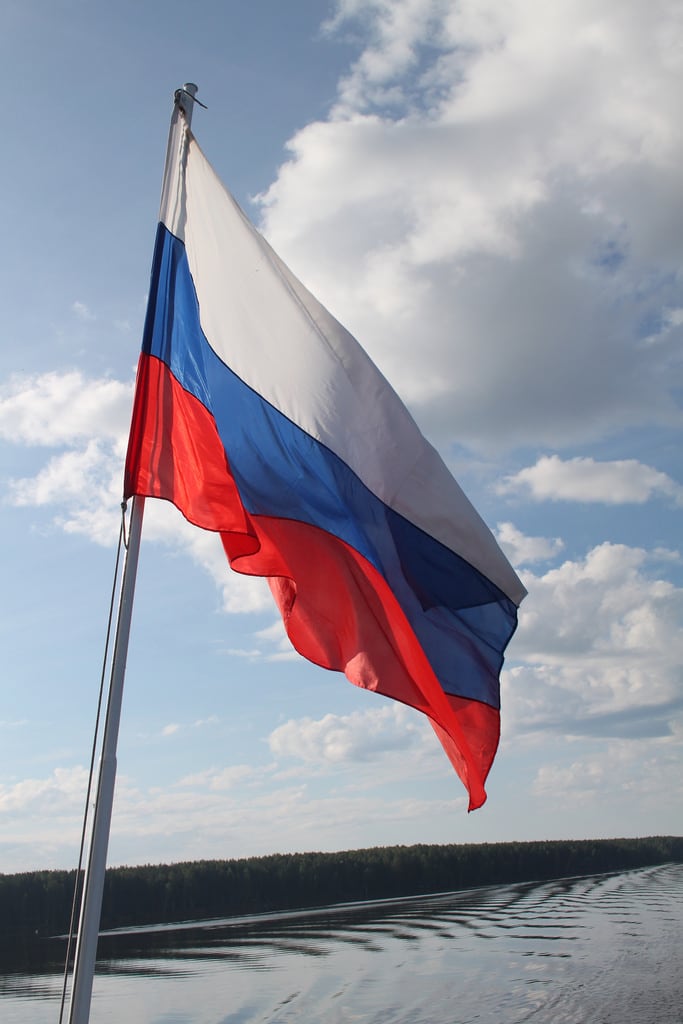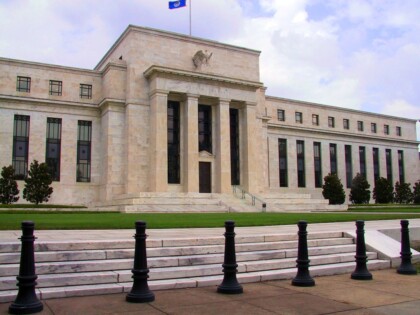
Defiance is one startup’s reaction to Russia’s impending Bitcoin ban. However, there’s a catch.
“We don’t plan to close” is the reaction to the ban from BTC-e, the largest exchange for the Russian ruble, to the projected spring 2015 implementation, first billed as such in August of 2014.
Perhaps that defiance comes easily: “We don’t live in Russia,” the exchange representative said. It may soon have company, as Russian startups contemplate issues of location and target market in the wake of the coming ban.
Indacoin’s big decision
A prime example of such a firm is Bitcoin exchange Indacoin. It too wishes to maintain the status quo but from a more precarious position: Indacoin continues to serve the Russian market from a domestic base of operations. It’s an admirable stand, but the company’s top executive knows defiance from within Mother Russia may not be pragmatic.
CEO Stanislav Kosorukov told CoinDesk both Russian regulatory developments and the costs of relocating his eight-person team are factors in determining his company’s future:
“We’re thinking about that and now we’re waiting,” Kosorukov said. He expects to make his decision by spring, when the company’s financial picture is clearer.
Even the discussion has hurt. Qiwi wallet, a Russian payments service partner, dropped Indacoin as part of its effort to separate itself from the Russian digital currency scene.
Ironically, Kosorukov’s current strategic focus is to emphasize credit and debit card services and margin trading as its main market strengths. Only 15% of Indacoin’s volume comes from Russia, with few reasons to expect any growth.
“The community here is not so big and it would take us too much effort,” Kosorukov said.
The government wouldn’t have it any other way.
Government stimulates apathy
Deputy finance minister Alexei Moiseev’s remarks on March 20 substantiate the target date. Russia’s official in charge of coordinating its financial policy maintained his hard line on digital currencies, remaining committed to the ban.
He may have already won the day. Interviews with domestic entrepreneurs suggest that Russia’s anti-digital currency position has already shrunk the country’s demand.
In fact, native or expatriate entrepreneurs indicate that Bitcoin’s Russian woes draw more coverage from media abroad than from those capable of building local demand.
ALFAcoins CEO Vladimir Chelpanov’s story is a representative example. Build a Russian alternative to BitPay was his original goal; now Chelpanov doesn’t monitor Russa’s regulatory situation at all.
“At the moment, our business model excludes the Russian market,” Chelpanov explained to CoinDesk.
Statements like Chelpanov’s suggest Russia may achieve its goal of suppressing digital currency with few if any arrests.
Momentary spike deceptive
Statements like Chelpanov’s form a sharp contrast to English-language headlines that the ruble’s recent downturn has made Bitcoin appealing to Russian investors.
If that demand is there, 247exchange founder Anton Vereshchagin doesn’t see it. He’s been positioning his Bitcoin brokerage business toward the international market last year, added a number of support services, and now has roughly 7,000 users.
Vereshchagin’s take on the perceived Russian digital currency market is that it’s more indicative of how difficult it is to secure US dollars since many foreign exchange brokers had ceased operations.
“People are scared that ruble will continue falling (especially the ones who had RUR balances at BTC-e), and re trying to buy Bitcoins hoping that value of their savings will not decrease so much,” he observed.
Observers like Tuur Demester, however, suggest wealthy Russians may open accounts with Bitcoin exchanges to gain access to other currencies.
Data from Bitcoinity shows that after a brief spike BTC/RUR trade volumes have settled down on BTC-e, indicating little sustained growth.
International focus
With local demand stagnant at best, Russian startups target the world.
For example, Boaz Bechar, CEO of block explorer BlockTrail, makes it clear that he is not trying to imitate a company founder’s success in building Russia’s largest social network. Bechar said:
While our co-founder and investor is of Russian background, Russia has never been a target market for us, both because of the regulatory environment, but primarily because we are aiming to create a global platform and not a localized service.
Like many of his peers, Bechar would re-evaluate the local market should the legal climate change. He went on, “BlockTrail will remain unaffected and indifferent on any decisions Russia wishes to make regarding bitcoin.”
In the end, BTC-e’s suggestion it may remain in RUR markets regardless of regulatory climate or the support of third parties might be the brightest hope for Russia’s Bitcoin community.
Image via Flickr by flowcomm







